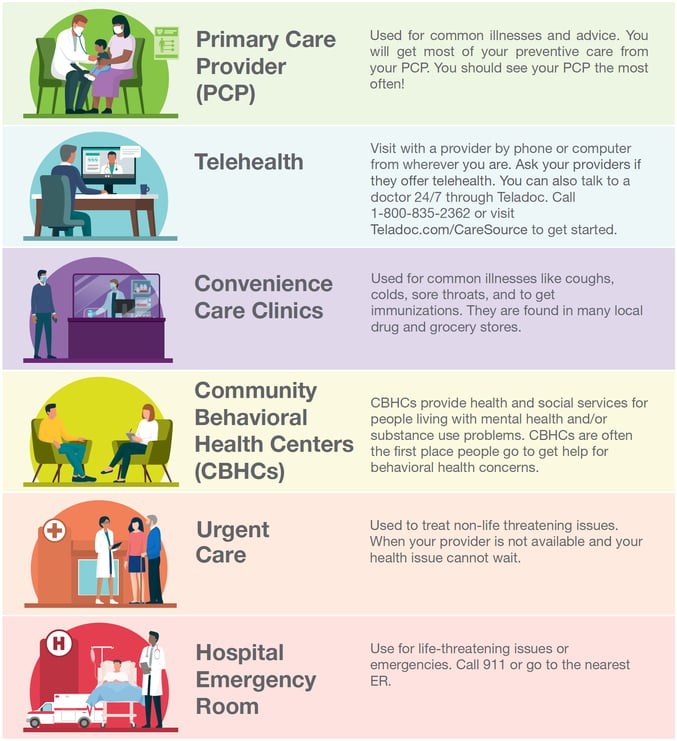HEALTHCARE, SIMPLIFIED
September 5 - 8

"Out of clutter, find simplicity"
-Albert Einstein.
STREAMLINING HEALTHCARE
Health literacy refers to our ability to receive, understand and communicate basic health information and services. These are all key ingredients to finding the right health care services, interacting with doctors, and following their treatment recommendations.
People with low levels of health literacy are less likely to receive preventive care and more likely to wind up in the emergency room or hospital. Understanding health care terminology and making decisions about how and where to go for care can be confusing for anyone. So, it’s important that everyone knows what resources are available to help them navigate the health care system.
It’s also OK for people to be able to admit when we don’t know something and to ask for help in finding the information we need.
CHECK OUT UNITEDHEALTH GROUP'S JUST PLAIN CLEAR GLOSSARY OF HEALTH CARE TERMINOLOGY
CHECK OUT THESE LINKS TO HELP YOU UNDERSTAND KEY TERMS FOR TESTS, PROCEDURES, AND ILLNESSES:
CHECK OUT THESE ADDITIONAL ARTICLES ON HEALTH INSURANCE:
Finding the right place to seek medical care is crucial for receiving the best treatment at an affordable price. Even if the cost doesn't directly come out of YOUR pocket, KURTZ BROS IS RESPONSIBLE FOR THE COSTS! Being self-insured means that rather than paying an insurance company to pay medical, dental and vision claims, we pay the claims ourselves. Dive into the article to discover more information and to save us both some of our hard earned money:

PREVENTATIVE CARE
Taking proactive measures to care for your health is the key to maintaining overall well-being. Preventative care serves as a shield, protecting you from potential illnesses and injuries in the future. By prioritizing preventative care, you are actively safeguarding your body against contracting diseases and ensuring your health remains in optimal condition through early detection and screening.
Did you know that preventative care not only benefits your healthcare provider but also REDUCES HEALTHCARE COSTS? Regular check-ups enable your provider to identify any anomalies and take the necessary steps to restore your well-being. While prevention may seem to involve upfront costs, it is undeniably more cost-effective to visit your provider regularly and preserve your health rather than facing the consequences of neglecting your well-being. In some cases, the failure to catch issues early can lead to costly hospital stays, extensive treatment, surgeries, or even fatal outcomes.
Preventative care encompasses crucial elements such as vaccinations, screenings/exams, and diagnostic tests. Vaccines play a vital role in shielding your body from harmful diseases and illnesses. Screenings and exams are pivotal in detecting potential risk factors for diseases, allowing for early prevention or intervention. Examples of screenings and exams include cholesterol screenings, diabetes screenings, blood pressure screenings, colonoscopies, pap smears, breast examinations, and more. Regularly scheduled check-ups with your physician, OBGYN, dentist, dermatologist, or eye doctor are essential for receiving these screenings and exams. Diagnostic tests become necessary when abnormalities are detected during screenings or exams. These tests aid in identifying the root cause of the issue. Common diagnostic tests include CT scans, biopsies, ECGs, MRIs, ultrasounds, x-rays, and more.
Embracing preventative care paves the way for a long and healthy life.
Don't delay any further – schedule your check-ups and prioritize your well-being TODAY.
